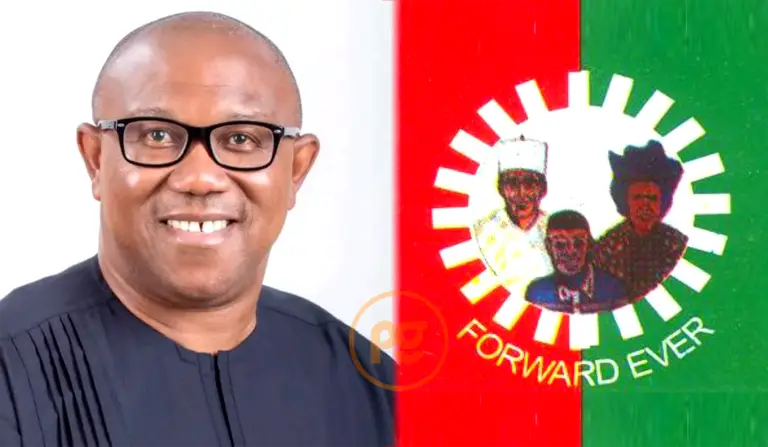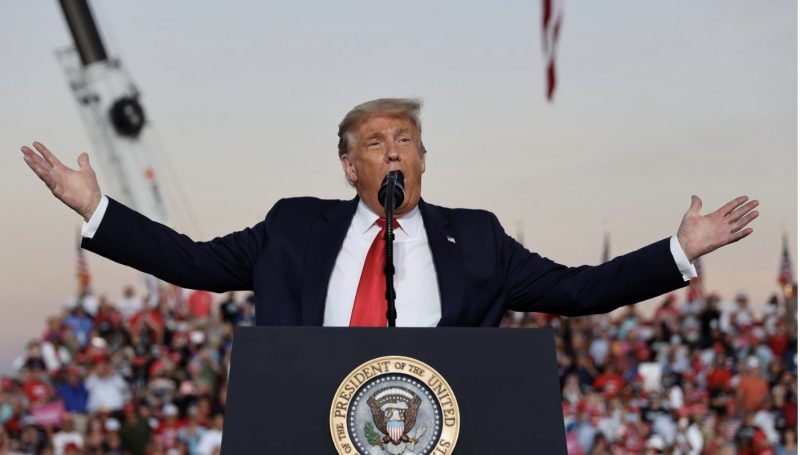The presidential candidate of the Labour Party (LP), Peter Obi has disclosed the mechanisms he will use to address security challenges, rising inflation and other nation’s issues if he is elected President in 2023.
He promised to take full responsibility for governance and national security, adding that he will create security operatives at different levels of government who will be equipped with the necessary tools and technology for operations.
Oil subsidy’s organised crime — Peter Obi
Obi said this at the Lagos Chamber of Commerce and Industry (LCCI), Lagos on Monday and also tweeted on his verified Twitter account.
“As a President elected by all Nigerians, the buck will stop at my desk, I will be fully responsible for governance and national security decisions and actions.
“Total reform of the entire security architecture that will include level policing – Federal, State and Community, properly armed, equipped and technologically driven security system,” Obi said.
In addressing the power supply and inflation, he said the private sector will be given full support to invest in electricity and promised to slash the subsidy cost by 50%.
Obi added, “My administration will aggressively support the private sector to invest in the power value chain through a multifaceted approach, particularly the transmission infrastructure.
“I will vigorously pursue the liberalization of the transmission infrastructure and adequately support the existing investors through proper alignment of specific gas supply for power generation, transmission and distribution.
“We will reduce the subsidy cost by over 50 %. We will support local refining for domestic use and priced strictly in Naira, Once we tackle insecurity and farmers’ returns to farms, our food production will go up and inflation will go down through the reduced food prices.
“With the removal of subsidy, effectively reduce corruption to a minimal level, reduced bloated cost of governance and above all, support and incentivize export to stabilize the currency exchange rate.”





